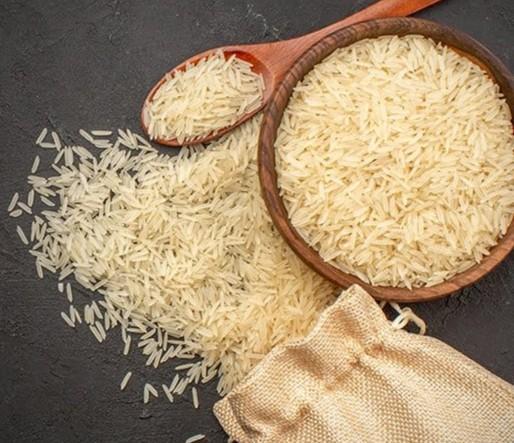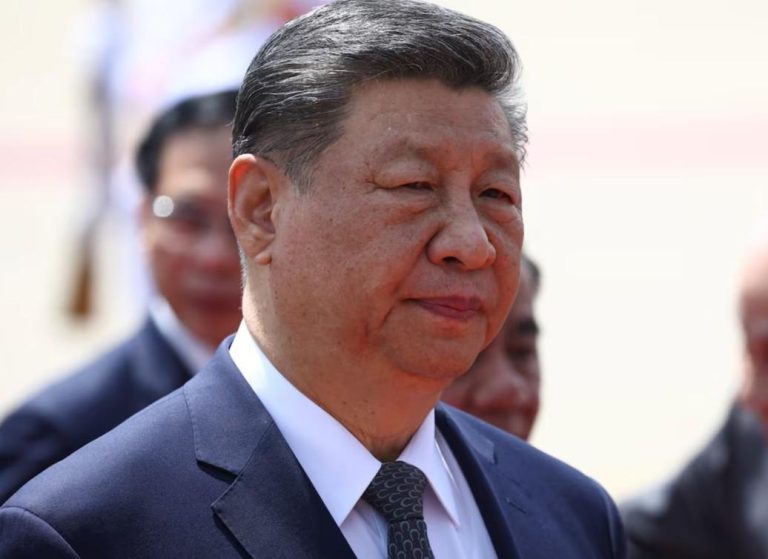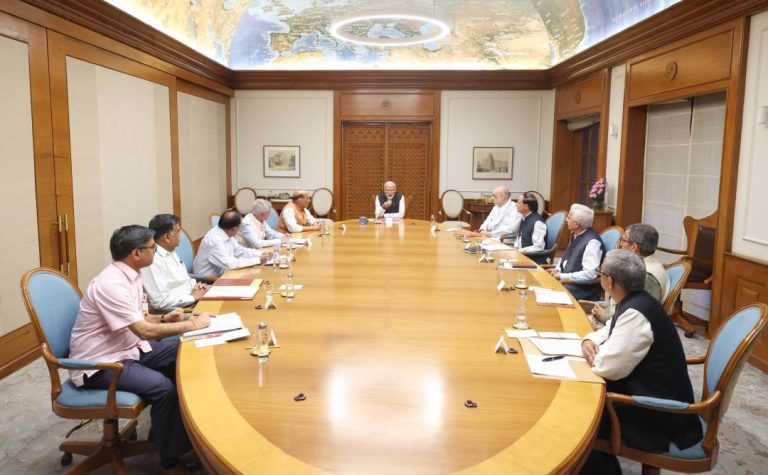
India Rejects Pak’s Reports of Winning Basmati Ownership Battle Against India
India has dismissed Pakistan’s claims of winning the basmati ownership battle against India, following reports that New Zealand and Australia have officially recognized basmati rice as a Pakistani product. The Indian government has clarified that the reports are baseless and without merit.
According to a recent report published in Moneycontrol, Pakistan’s media outlets had claimed that the countries had dismissed India’s ownership claims of basmati rice, recognizing it as a Pakistani product. However, Indian officials have refuted these claims, stating that India already holds a logo mark registration in New Zealand.
The Indian application for the logo mark registration in New Zealand emphasizes that basmati is a special type of long-grain aromatic rice that is grown and produced in a particular geographical region of the Indian sub-continent. This region includes the states of Punjab, Haryana, Uttar Pradesh, and parts of Jammu and Kashmir, among others.
India’s rejection of Pakistan’s claims comes as a response to Islamabad’s persistent attempts to stake its claim on the famous rice variety. Pakistan has been trying to convince the international community that basmati rice is a Pakistani product, despite the fact that the rice is grown and produced in India, Pakistan, and other parts of the Indian sub-continent.
The battle for basmati ownership has been ongoing for several years, with both India and Pakistan making claims to the famous rice variety. India has long been recognized as the largest producer and exporter of basmati rice, with the crop being grown in several states across the country.
Pakistan, on the other hand, has been trying to promote its own version of basmati rice, claiming that it is a distinct variety that is grown exclusively in the country. However, experts have pointed out that Pakistan’s claims are baseless, as the country’s climate and soil conditions are not suitable for growing the high-quality basmati rice that is produced in India.
Despite Pakistan’s attempts to discredit India’s claims, the country has continued to dominate the global basmati rice market. India is the largest producer and exporter of basmati rice, with the crop being exported to several countries around the world.
The Indian government’s rejection of Pakistan’s claims is a significant development in the ongoing battle for basmati ownership. The move is likely to give a boost to India’s basmati rice industry, which is a major contributor to the country’s agricultural sector.
In a statement, the Indian government said that the reports of Pakistan winning the basmati ownership battle are “baseless and without merit.” The government emphasized that India already holds a logo mark registration in New Zealand, which is a clear indication of the country’s ownership claims over basmati rice.
The Indian government’s clarification comes as a response to Pakistan’s persistent attempts to discredit India’s claims over basmati rice. Pakistan has been trying to convince the international community that basmati rice is a Pakistani product, despite the fact that the rice is grown and produced in several countries across the Indian sub-continent.
The battle for basmati ownership has significant implications for the agricultural sectors of both India and Pakistan. The two countries have been competing with each other to promote their respective versions of basmati rice, with India emerging as the clear winner in the global market.
In conclusion, India’s rejection of Pakistan’s claims of winning the basmati ownership battle is a significant development in the ongoing battle for basmati ownership. The move is likely to give a boost to India’s basmati rice industry, which is a major contributor to the country’s agricultural sector.
Source:






